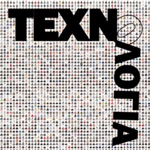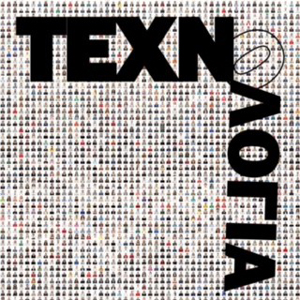Wu Tsang – interview: ‘I’m drawn to stories that have messy politics’, δημοσίευση στο Studio International [10/3/2023]

Tsang trains a postcolonial lens on Herman Melville’s 19th-century novel Moby-Dick for her immersive video installation Of Whales and beguiling silent film MOBY DICK; or, The Whale. She talks about the works, staged by TBA21, now on show at Museo Nacional Thyssen-Bornemisza in Madrid
In her interdisciplinary practice, the American artist and film-maker Wu Tsang focuses on marginalised and unheard histories, often working collaboratively across performance, poetry, music and film to present multiple narratives. Herman Melville’s classic American novel Moby-Dick about a captain’s obsessive quest for the albino sperm whale that took off his leg could at first seem an unlikely choice for Tsang as the basis for her multi-part film project, but the artist’s adaptation underscores stark resonances with our own fraught times.
The novel Moby-Dick was completed in 1851, a decade before the start of America’s racially charged civil war, and Melville’s reflections on the theme of “whiteness” – to which he dedicated a chapter – are complex and contradictory, to say the least. Tsang has approached Melville’s novel through a postcolonial lens, bringing out alternative, richly layered readings in her 2022 film trilogy, which comprises the silent feature-length film MOBY DICK; or, The Whale, a collaboratively produced installation film, Extracts, about its making, and an immersive video installation, Of Whales. “There are a lot of things in that book that I find to be very problematic. It’s very racist and it glorifies colonialism and hunting of whales, but it’s also a very beautiful book about the relationships of the people on the ship,” says Tang. “I’m drawn to stories that have kind of messy politics like that.”
Περισσότερα εδώ.





